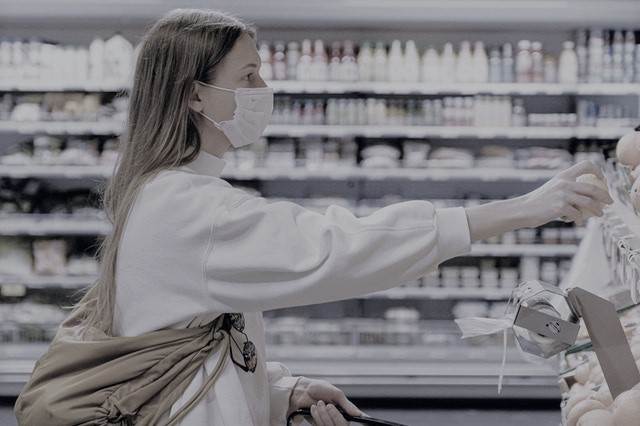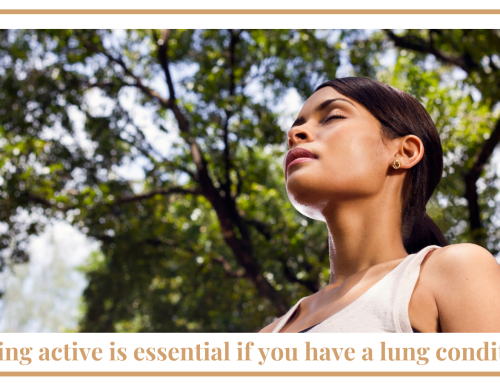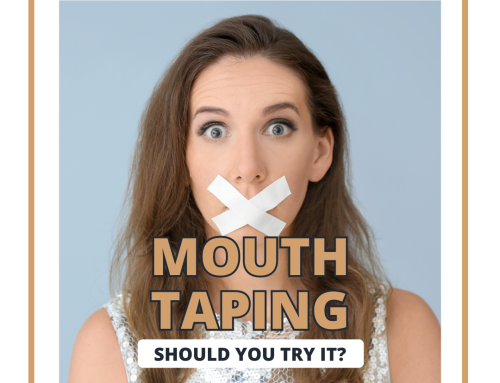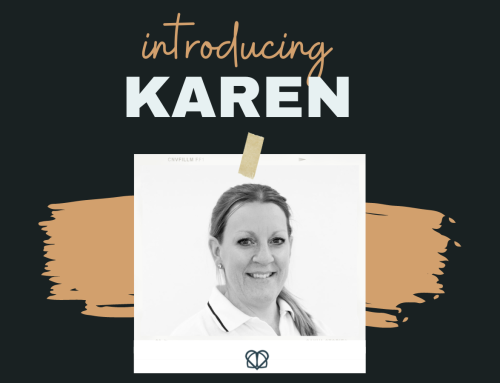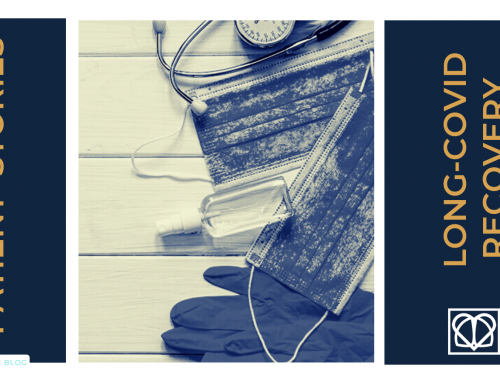From today, Saturday 1st August, the guidance for those who have been shielding due to being clinically vulnerable has changed. This is good news for many who have been feeling isolated throughout the shielding period.
What’s changing?
As of 1st August, the advice from the government to shield will be paused.
The key points within this change to current guidance are;
- free food parcels, medicine deliveries and care that have been provided as part of the National Shielding Service will end
- if you need delivering food, prescriptions and essential items delivered to you, NHS Volunteer Responders will continue to do so
- eligibility for priority supermarket slots continues (as long as you were registered by 17th July)
These changes will remain in place unless the transmission of COVID-19 in the community starts to rise significantly. Of course if you still have any concerns, then please do discuss them with your GP or hospital clinician.
What does it mean?
It means you’re able head out to more places and see more people, such as:
- Your workplace – as long as it is COVID-secure. However, if you’re able to continue working from home then you are still advised to do so.
- School – it may be school holidays at the moment, but should schools open again after the summer, then children who are clinically extremely vulnerable can return to school
- Out in the community – whether it’s to go outside to buy food, to places of worship or for exercise. Just remember to maintain a 2 metre distance wherever possible
Who does this apply to?
Everyone who is clinically extremely vulnerable, including those living in long-term care facilities for the elderly or people with special needs.
If you fall into this category you should have been told by your GP or hospital clinician directly to shield, or you may have received a letter from the government advising you to do so.
Disease severity, medical history or treatment levels will also affect who is in this group, but extremely vulnerable people may include:
- solid organ transplant recipients
- those with specific cancers:
- people with cancer who are undergoing active chemotherapy
- people with lung cancer who are undergoing radical radiotherapy
- people with cancers of the blood or bone marrow such as leukaemia, lymphoma or myeloma who are at any stage of treatment
- people having immunotherapy or other continuing antibody treatments for cancer
- people having other targeted cancer treatments which can affect the immune system, such as protein kinase inhibitors or PARP inhibitors
- people who have had bone marrow or stem cell transplants in the last 6 months, or who are still taking immunosuppression drugs
- people with severe respiratory conditions including all cystic fibrosis, severe asthma and severe chronic obstructive pulmonary disease (COPD)
- people with rare diseases that significantly increase the risk of infections (such as severe combined immunodeficiency (SCID), homozygous sickle cell)
- people on immunosuppression therapies sufficient to significantly increase risk of infection
- women who are pregnant with significant heart disease, congenital or acquired
- other people who have also been classed as clinically extremely vulnerable, based on clinical judgement and an assessment of their needs. GPs and hospital clinicians have been provided with guidance to support these decisions
Please visit the NHS Digital website if you need more information.
How Air Physiotherapy can help you
We’re here to help people who have breathing issues as well as those who are recovering from Covid. We’re able to offer both virtual and face to face consultations. You can book either of these services online – just head to our website!
Or you can send us an email hello@airphysiotherapy.co.uk

